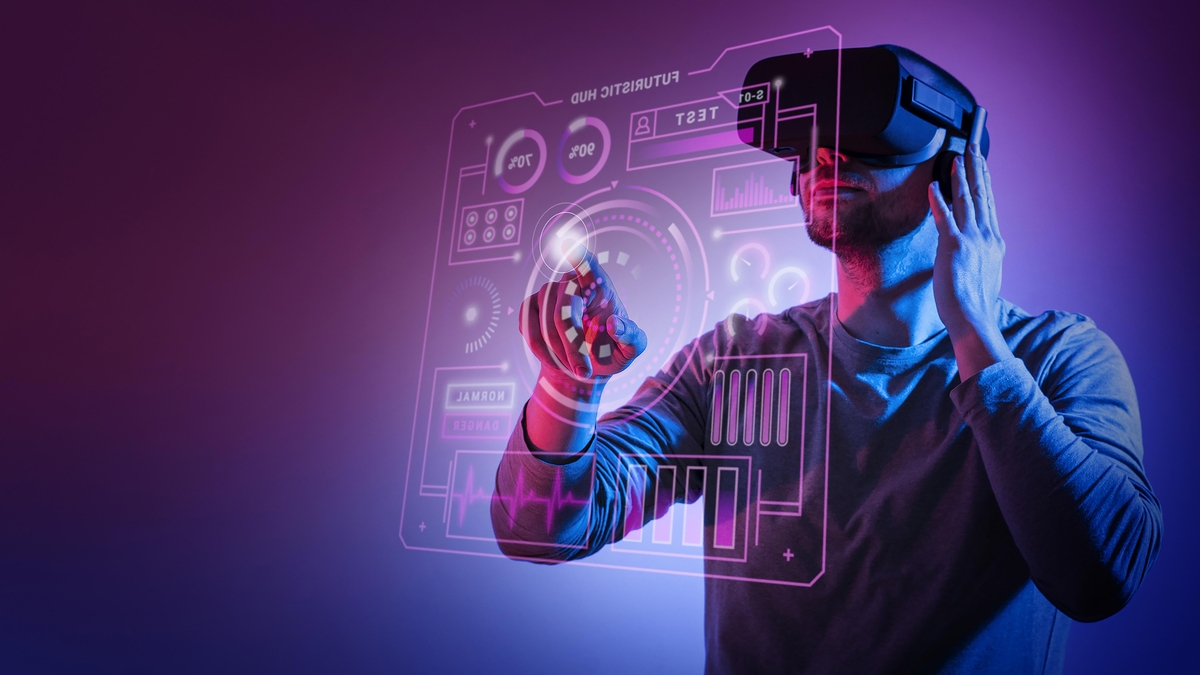Many dystopian novels have used the so-called robot/AI insurrection as a story device. We don't know what will happen if an AI takes power in the actual world! Artificial intelligence-driven robots overlord methodically, definitely, and mercilessly take over the human species, whether on screen or in real life. On the other hand, the human species usually comes out on top in movies.
The artificial intelligence (AI) revolution is a contentious issue. However, many AI specialists have publicly expressed their concerns about the potentially harmful impact AI might have on society and have urged academics to investigate the social implications of AI.
The omniscient, omnipresent, and practically omnipotent capacity of AI has been questioned several times during the last few decades. The tale of Pandora's Box is a fitting analogy for this technology's future potential. While the contents of Pandora's box are well-known, the future of artificial intelligence (AI) is less clear, which leads to the perennial question: Will AI eventually replace us as humans?
Also Read: U.S. Court Denies Facebook's Motion To Dismiss Antitrust Case
Takeover By Artificial Intelligence: The Beginning Of The End?
Artificial intelligence (AI) is being utilized for various jobs, from the petty to the enormous. Artificial intelligence (AI) may be used in multiple contexts, from boosting smartphone photography to managing financial assets.
It's becoming more and more common to ponder whether AI will diminish the value of human abilities and experiences in certain jobs. Is artificial intelligence (AI) possible to replace a stockbroker's expertise and intuition with stock market predictions and judgments based on those predictions? What happens to a seasoned photographer's skills and knowledge when a person with an AI-enhanced camera only has to point and click?
Some say that AI is merely a shortcut for those who don't want to put in the time and effort required to obtain years of expertise. Human values are fundamentally affected, but what happens if all experience-gathering processes are eliminated?
The whole "AI will replace humans" idea doesn't seem absurd when you keep all these issues in mind. However, to validate or deny this idea, we must first examine AI's good and negative impacts on society.
AI and Automation: Two Faces of the Same Coin
Everyone knows that everything has both good and bad impacts. There is nothing as an exception when it comes to AI. Automated decision-making by AI may be tremendously beneficial or incredibly detrimental. Before drawing any conclusions on the long-term impact of AI on society, careful observation and analysis are required.
It's All About the Positives
There are various ways in which AI might benefit society, from reducing the time it takes to do simple activities to improve the efficiency of large corporations. AI's ability to analyze and forecast has proved to be a beneficial tool in a wide variety of businesses. AI technology's ability to accurately anticipate the weather and the stock market impacts a wide range of sectors. As well as analyzing data and generating predictions, AI is also being utilized for more hazardous duties such as space and marine exploration.
Enhancing medical diagnosis and monitoring methods is a significant plus in the future. Doctors now are better prepared to evaluate and monitor a patient's condition because of wearable integration, which leads to more accurate and effective therapy. As a result of the AI impact, the cost of medical care has decreased dramatically over the globe.
Artificial Intelligence (AI) has penetrated our homes due to the rise in smart home automation technology. "Phantom load" or "Vampire energy" smart home systems, which utilize artificial intelligence to reduce power usage and regulate carbon emissions, are making a huge difference in a household's energy use and carbon footprint. Facial recognition technologies powered by artificial intelligence (AI) also assist law enforcement agencies in their fight against criminals.
Artificial Intelligence may be used in a variety of useful ways. However, in the end, we can claim that AI's good effects extend beyond the businesses it serves and into the lives of individuals who work in those areas.
Also Read: US Schools Shift To 'Dismissal Apps' Amid Bus Driver Shortage
AI vs Humans: How Do They Differ?
To answer definitively the issue of whether or not AI systems will supplant humans, we must recognize that the human mind and the mind of an AI system are fundamentally different.
A human mind can execute basic activities like problem-solving, remembering, planning, thinking, and accumulating perceptions more than a computer. Emotional intelligence, self-awareness, and human experience may be incorporated into these activities by the human brain and give it a unique flair for each person. There is still a long way to go before the AI system can learn on its own. Humans are still required to teach it new skills based on a variety of data sets.
At the end of the day, AI is a human creation. Human ingenuity has made it feasible to automate a wide range of jobs nowadays. However, even while the debate of whether or not AI will replace humanity lingers, we may rest certain that the AI system has not yet achieved the technological maturity necessary to replace us completely.
Conclusion
There may not be a single solution to the issue of whether or not AI will eventually replace human workers in diverse areas. All we have are theories and hypotheses.
Before the negative repercussions of AI technology's fast proliferation become too great, it must be constantly regulated and observed. In a dystopian future, AI will only be able to take over in the form of interesting plotlines in dystopian films and imaginary universes.
Featured image: Virtual technology photo created by freepik - www.freepik.com
Subscribe to Whitepapers.online to learn about new updates and changes made by tech giants that affect health, marketing, business, and other fields. Also, if you like our content, please share on social media platforms like Facebook, WhatsApp, Twitter, and more.

